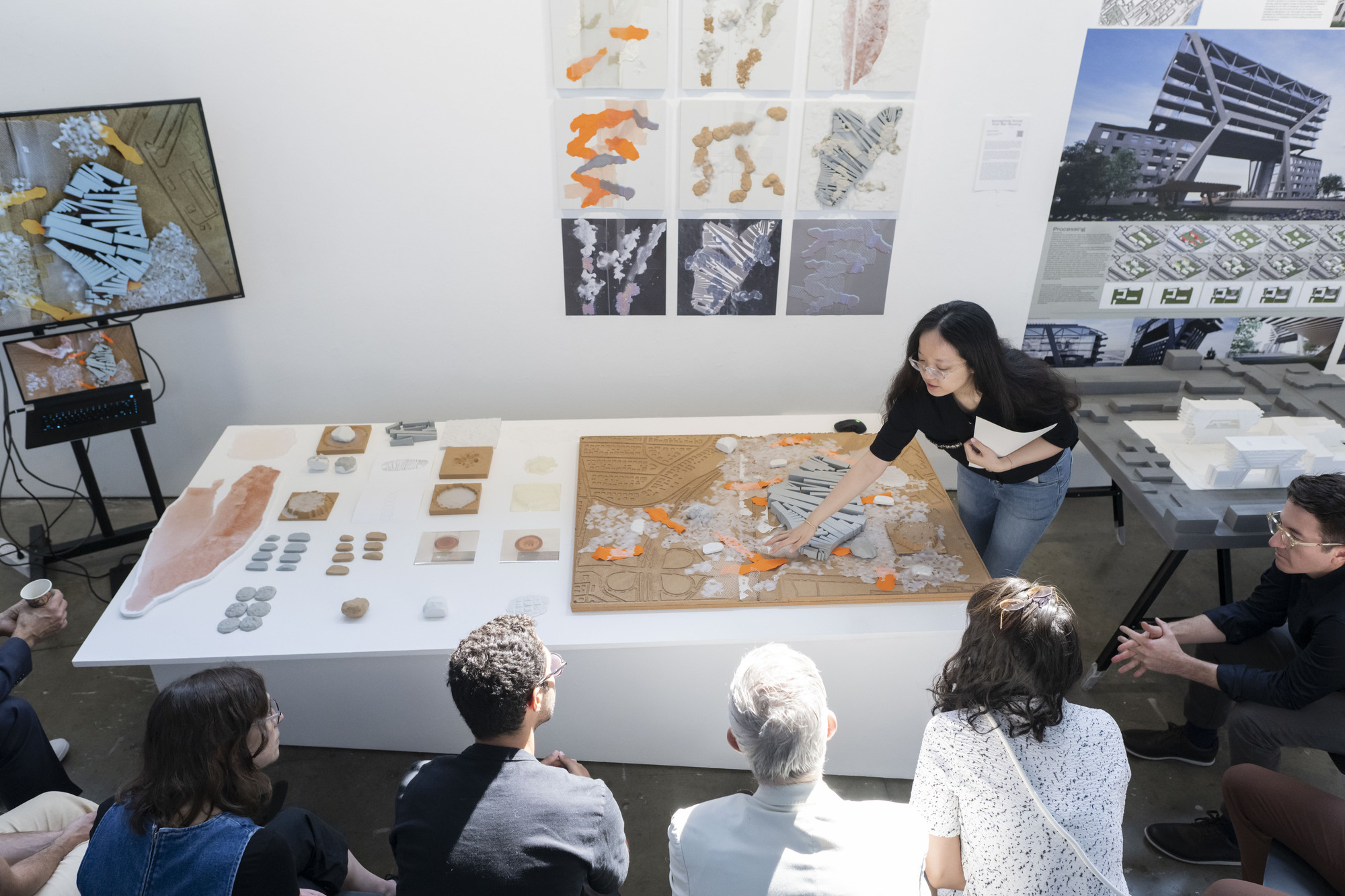
"Artificial intelligence is transforming how architects think, make, and imagine. At SCI-Arc, it isn't treated as a replacement for creativity but as a partner that expands it. In the Synthetic Landscapes studio, David Ruy asks students to reconsider what "nature" means when machines are part of it. Using generative tools and simulation software, students this fall are exploring how technology and ecology intertwine-producing new kinds of environments that are both artificial and alive."
"In Interface Architecture, M. Casey Rehm examines how intelligence can be built into the spaces we inhabit. Working with the audio innovation company L-Acoustics, students design responsive environments that translate sound and motion into architecture. The work blurs the line between digital and physical experience, redefining what it means for a building to listen, sense, and adapt. Across these projects, students confront the ethical and creative dimensions of AI."
SCI-Arc's upper-level Vertical Studios connect students with practicing architects who guide projects grounded in real work and professional experience. Studios explore artificial intelligence as a collaborative tool that extends creativity through generative design, simulation, and responsive systems. Synthetic Landscapes investigates hybrid ecologies where machines shape notions of nature, while Interface Architecture develops spaces that sense and adapt using sound and motion with partners like L-Acoustics. Projects blur digital and physical boundaries and require ethical attention to tools and human impact. Climate change and shifting social structures frame design responsibilities, prompting students to develop precise, empathetic, and imaginative responses to urgent environmental and social challenges.
Read at ArchDaily
Unable to calculate read time
Collection
[
|
...
]